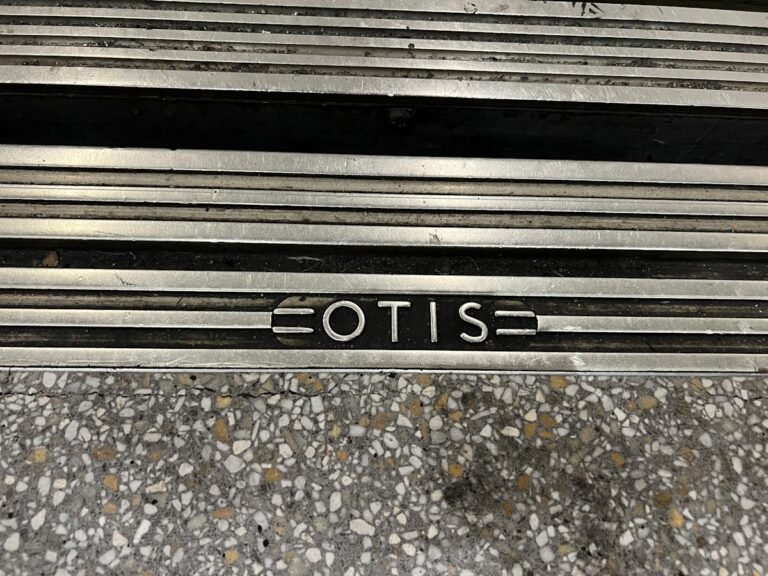Elevator maker Otis (OTIS) can trace its history back to 1853.
So, suffice it to say, the company has seen a few economic cycles.
But the current tariff turbulence hasn’t been easy for Otis, even though it manufactures products in the US, explained veteran CEO Judy Marks.
“As I reflected, I’m not sure I’ve kind of had a time when it’s been without challenges. Remember, we spun out in COVID. It’s just another challenge where you put the best talent you have on it. You lead calmly, and you know you can solve the problem, and you know you make sure your voice is heard in Washington, in Beijing, in every other country,” Marks told me by phone on Wednesday.
Marks also sits on the board of dump truck maker Caterpillar (CAT), so she has a firsthand look into how tariffs are impacting costs and demand in key markets like the US and China.
Otis has 17 factories around the world. Its factory in Florence, South Carolina serves North America, including the United States.
Marks said Otis sources about $100 million in product each year from China and another $100 million from other countries.
Otis stock fell 6% on Wednesday as investors digested the company’s first quarter results and outlook. Otis beat earnings estimates for the quarter by two cents and managed to reiterate its full-year profit outlook in the face of tariffs.
Here’s how Marks is managing the volatile tariff situation.
“Right now, some sources for some components are at scale in China that we don’t manufacture. We’ve searched for sources here. We’re moving supply around. We’ve asked suppliers to set up manufacturing facilities here, because it’s just not things we would do, but everything else. We do have the ability, because of this common platform, to manufacture here in the United States and to assemble in Florence.
“I think we’ve mitigated the majority of the tariff impact. It’s a lot bigger number than it was in 2018, when the tariffs were between maybe 15% and 25%, between section 301 and section 232, but, you know, these retaliatory tariffs at 145%-plus, that’s what’s really added up.”
Read more: The latest news and updates on Trump’s tariffs
“There’s not a single skill we don’t have in the US to be able to enable our delivery of our manufactured goods. So it’s not a skill issue. It’s not a capability issue. It’s, for us, what we do import of our products is less than 1% of our total volume. So, to date, it hasn’t made economic sense to stand up a line in the US.”
Story Continues

